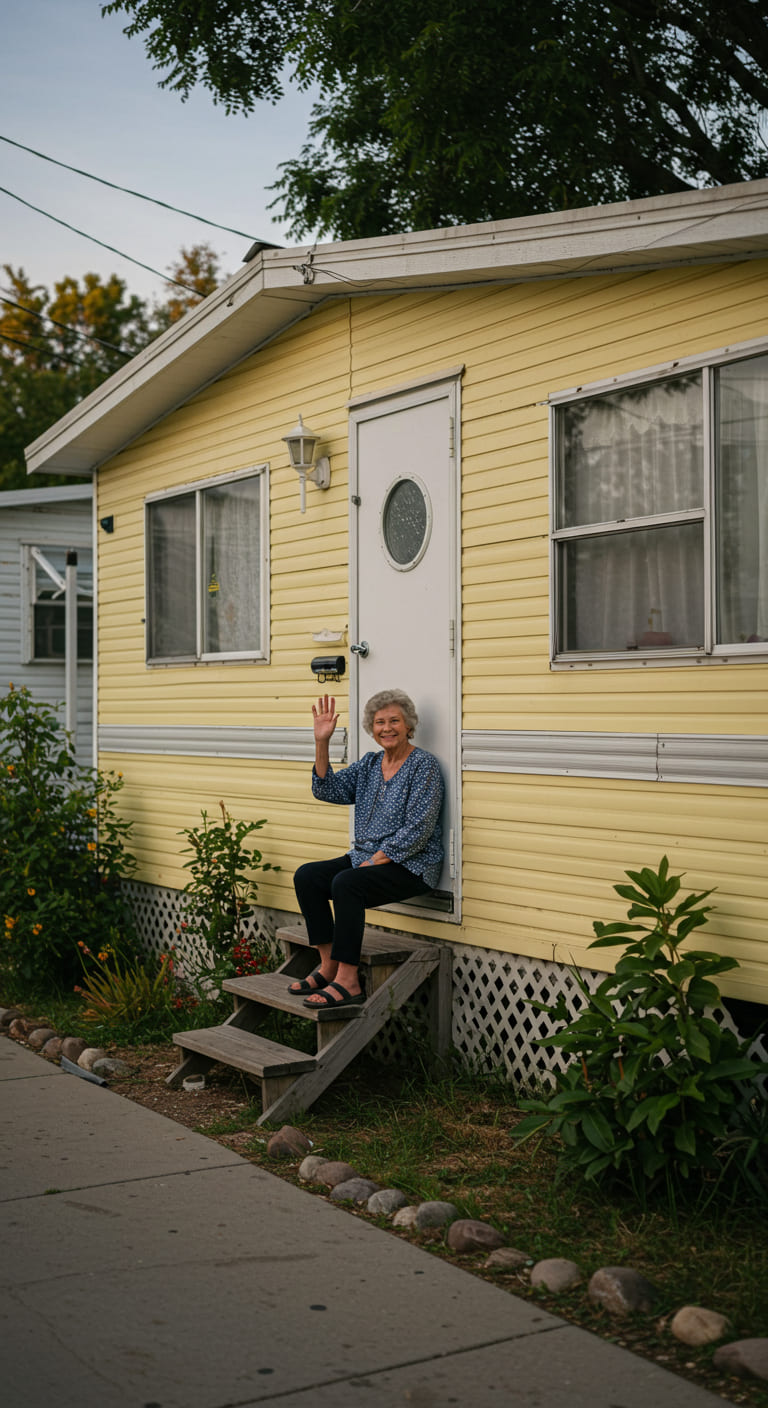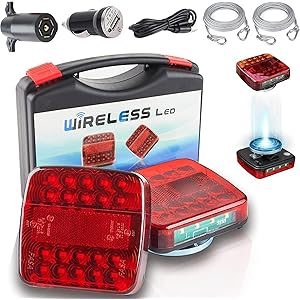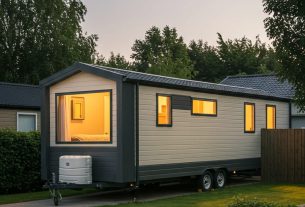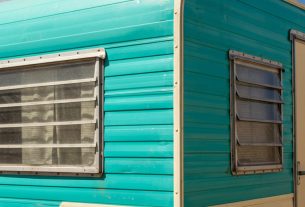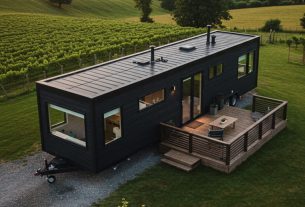As someone who has always been fascinated by the flexibility and affordability of mobile homes, I have often pondered, “Where do mobile homes go?” This question is not just about physical relocation; it encompasses a range of options available to mobile homeowners seeking new beginnings or simply a change of scenery. In this article, I will share my journey and insights, providing you a comprehensive guide on the various destinations for mobile homes, the considerations involved, and how you can make the most of your mobile living experience.
Understanding Mobile Homes: A Brief Overview
Before diving into the options, let’s clarify what a mobile home is. Mobile homes, now often referred to as manufactured homes, are prefabricated houses that are built in factories and transported to their final locations. They come in various styles and sizes, offering a cost-effective housing solution for many families.
According to the Manufactured Housing Institute, over 22 million people in the United States live in manufactured homes. This statistic highlights the growing popularity of mobile homes as a viable housing option. But with this popularity comes the question: when it’s time to move, where do these homes go?
Options for Relocating Mobile Homes
When considering a move, I discovered multiple options for relocating mobile homes. Each option has its unique advantages and challenges, and the best choice often depends on personal circumstances. Here are some possibilities to explore:
- 1. Mobile Home Parks: One of the most common options for relocating a mobile home is to move it to a mobile home park. These communities provide necessary amenities, including utilities, maintenance, and social opportunities.
- 2. Private Land: If you prefer more space and privacy, you can place your mobile home on a parcel of private land. This option allows you to enjoy a more rural lifestyle while having the freedom to customize your surroundings.
- 3. Family Land: Many individuals choose to relocate their mobile homes to land owned by family members. This option not only saves on costs but also fosters a sense of community and support.
- 4. RV Parks: If you’re looking for a temporary solution, RV parks can be a great short-term option. Many RV parks welcome mobile homes and offer essential amenities.
- 5. Vacation Rentals: Some mobile homeowners opt to place their homes in vacation rental communities, allowing them to earn income from their property when not using it.
- 6. Storage Facilities: If you need to keep your mobile home for a while without it being set up, consider using a storage facility designed for mobile homes. This option is particularly useful for seasonal residents.
Factors to Consider When Moving a Mobile Home
Relocating a mobile home is not as simple as packing up and moving. There are several factors to consider, which I learned through my own experience:
- 1. Legal Restrictions: Local zoning laws and regulations can affect where you can place your mobile home. Always check with local authorities before making plans.
- 2. Transportation Costs: Moving a mobile home requires specialized equipment and may involve substantial costs. Be sure to budget for this expense.
- 3. Site Preparation: Whether moving to a park or private land, ensure the site is prepared with the necessary utilities and infrastructure.
- 4. Insurance Considerations: Speak with your insurance provider to understand how relocation may affect your coverage.
- 5. Community Rules: If moving to a mobile home park, familiarize yourself with the community rules to ensure a smooth transition.
My Personal Journey: Moving My Mobile Home
Reflecting on my own journey, I recall the decision to move my mobile home from a bustling mobile home park to a quieter piece of private land. The process was filled with both challenges and rewarding moments. The first step involved researching potential locations, considering factors such as proximity to work, schools, and amenities.
Once I settled on a piece of land, I coordinated with a transportation company experienced in moving mobile homes. They provided a detailed estimate, which helped me understand the costs involved. The day of the move was both exhilarating and nerve-wracking. Watching my home being carefully transported to its new location was a surreal experience.
Success Stories: Other Mobile Homeowners’ Moves
As I spoke with fellow mobile homeowners, I discovered many inspiring stories of relocation. Here are a few examples:
- Emily and Jake: This young couple moved their mobile home from a crowded park to a spacious family-owned land. They shared their journey of creating a beautiful garden and enjoying a more peaceful lifestyle.
- Linda: A retired school teacher, Linda relocated her mobile home to a vacation rental community. She now earns extra income while enjoying her summers by the lake.
- Mark: After losing his job in the city, Mark moved his mobile home to a rural area where he could afford the land and start a small farm. His story emphasizes the potential for new beginnings.
The Benefits of Mobile Home Living
Living in a mobile home has many advantages that make this lifestyle appealing:
- Affordability: Mobile homes are generally more affordable than traditional houses, allowing homeowners to build equity without breaking the bank.
- Flexibility: Mobile homes provide the freedom to relocate, whether by choice or necessity, offering a unique lifestyle opportunity.
- Community: Many mobile home parks foster a sense of community, providing social interactions and support networks.
- Lower Maintenance: Compared to traditional homes, mobile homes often require less maintenance, making them an attractive option for those looking for a simpler lifestyle.
Challenges to Consider
As with any lifestyle choice, mobile home living comes with its own set of challenges. It’s essential to be aware of these potential obstacles:
- Depreciation: Unlike traditional homes, mobile homes can depreciate in value over time, which may affect resale potential.
- Financing Options: Obtaining financing for a mobile home can be more challenging than for a traditional home, with fewer lenders willing to provide loans.
- Limited Space: Mobile homes typically offer less space than traditional homes, which can be a drawback for larger families.
- Community Restrictions: Some mobile home parks have strict rules regarding modifications, which can limit personalization.
Making the Most of Your Mobile Home Experience
To truly enjoy the mobile home lifestyle, consider these tips that have helped me along the way:
- Personalize Your Space: Make your mobile home feel like yours by adding personal touches, such as decorations and landscaping.
- Connect with Neighbors: Building relationships within your community can enhance your living experience and provide valuable support.
- Stay Informed: Keep up with local regulations and trends in mobile home living to ensure you’re making informed decisions.
- Participate in Community Events: Engaging in community activities can help you feel more at home and connected.
FAQs About Mobile Home Relocation
Throughout my journey and conversations with others, I’ve gathered some frequently asked questions regarding mobile home relocation:
- Q: How much does it cost to move a mobile home?
A: The cost can vary widely depending on distance, size, and local regulations, but it can range from $1,000 to $5,000 or more. - Q: Do I need a permit to move my mobile home?
A: Yes, permits are typically required for moving mobile homes. Check with local authorities for specific requirements. - Q: Can I move my mobile home myself?
A: While it’s possible, it’s not recommended unless you have experience and the necessary equipment. Hiring professionals is usually safer and more efficient. - Q: Are there financing options available for mobile homes?
A: Yes, there are lenders that offer financing specifically for mobile homes, but terms may differ from traditional mortgages.
Conclusion: Your Journey Awaits
As I reflect on my experiences and those of others, it’s clear that the journey of relocating a mobile home is filled with possibilities. Whether you choose to settle in a mobile home park, on private land, or explore other options, the flexibility of mobile living can lead to new adventures and a fulfilling lifestyle.
Remember, the decision to move your mobile home is just the beginning. Embrace the journey, connect with your community, and share your experiences with others. I encourage you to join our newsletter for ongoing insights and support in your mobile home journey. Feel free to share this article with friends and on social media—let’s inspire others to explore the amazing world of mobile home living!
Wireless Trailer Lights Magnetic, upgrade Rechargeable Wireless Trailer Tow Lights LED Kit, IP65 Waterproof, 10-Hour Battery Life, 100 FT Signal Synchronization for Towing Truck Camper RV Boat
$53.99 (as of November 15, 2025 07:52 GMT -03:00 - More infoProduct prices and availability are accurate as of the date/time indicated and are subject to change. Any price and availability information displayed on [relevant Amazon Site(s), as applicable] at the time of purchase will apply to the purchase of this product.)
Sign up for our newsletter and stay up to date with exclusive news
that can transform your routine!

